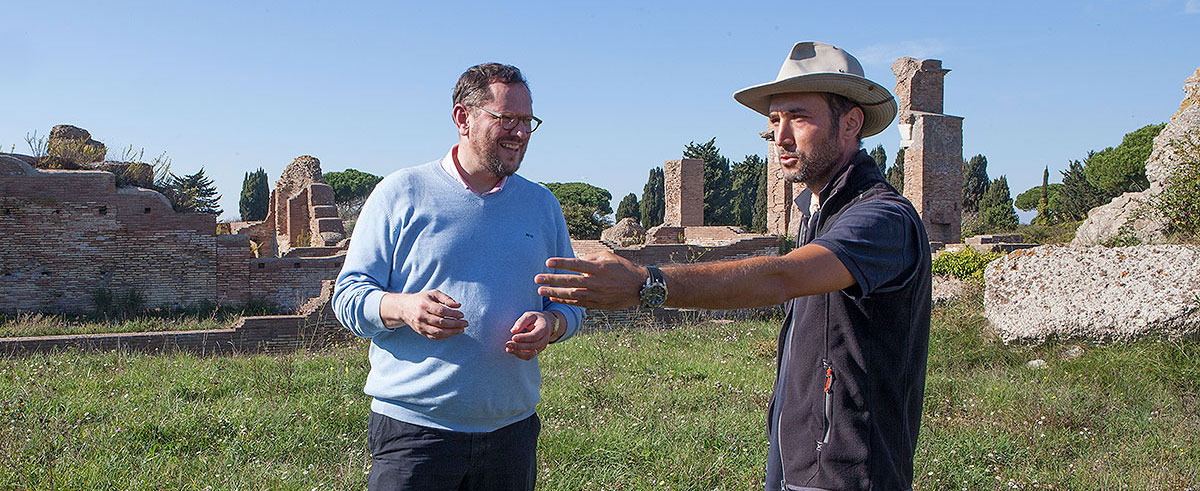
By Lukas Burgering, chairman of the foundation Roman Ports.
mensae, mensae… mensam, mensae. On my way to Amsterdam Airport I am trying to figure out what I still remember of my six years of Latin lessons at high school.
I am going to Rome with Gerard Huissen, the editor of Roman Ports. Although I have always been interested in Roman history, I, as a brand new chairman of Roman Ports, have never been in Ostia before. So it’s about time to go. Of course Roman Ports.org reports about all Roman harbours, not only Ostia, but this archaeological site is so large and unique that you cannot ignore it if you talk about Roman Ports.
I knew Gerard already for about ten years and our contact had always something to do with our professions: Gerard as a filmmaker and I as a communication professional. During a nice diner Gerard told me about his passion for Roman Ports. My first reaction was: ”So what, everybody must have a hobby!” But Gerard’s infectious enthusiasm hit me when he started to talk about Ostia. When he asked me, a couple of months later to help him organise Romanports.org and to make a foundation instead of only a website, I said yes. I found two other enthusiastic persons and together we formed the board – more information about this soon on www.romanports.org – and so I became involved.
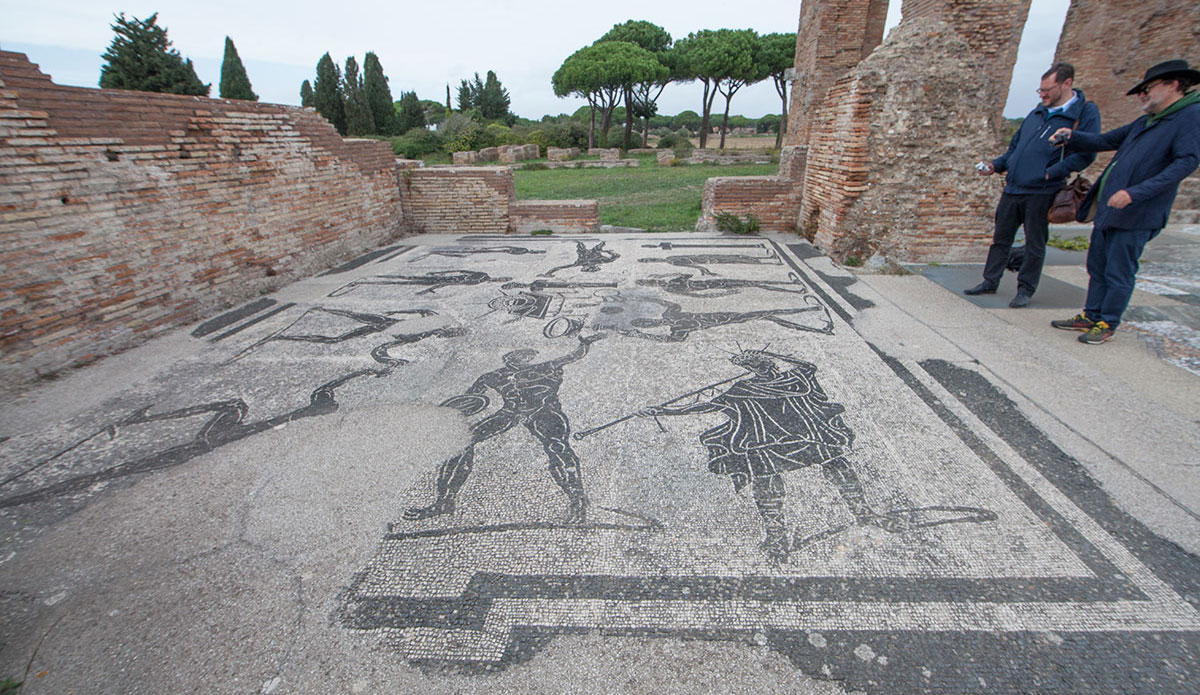
Somewhere In the past I have visited one or two small excavations, recently in Empuries in the far North-East of Spain, but never Ostia and Portus, the two main classic ports close to Rome. For the website Gerard had organised an interview with Professor Massimiliano Victor David of the University of Bologna about the Ostia Marina Project and I decided to accompany him.
Driving from the airport of Fiumicino to the little medieval city of Ostia Antica one immediately sees several excavation sites. In a café where ‘passionati’ and professional archaeologists come together we met Dirk Nolte, a German living in Ostia Lido and member of the board of another foundation called Friends of Roman Ostia. What I noticed immediately – and I saw this also later in the weekend – despite the little personal disputes everyone in this world is completely in love with Ostia. It’s not admiration, it’s not respect, it’s purely love. You will see this love also by the people who work on the sites. As well at Portus as at Ostia we spoke with students, archaeologists, and custodians, people who worked there. And where they first treated you with suspicion (“another bloody tourist”) they thaw before your eyes when you seem to be really interested and willing to talk about an obvious common passion.
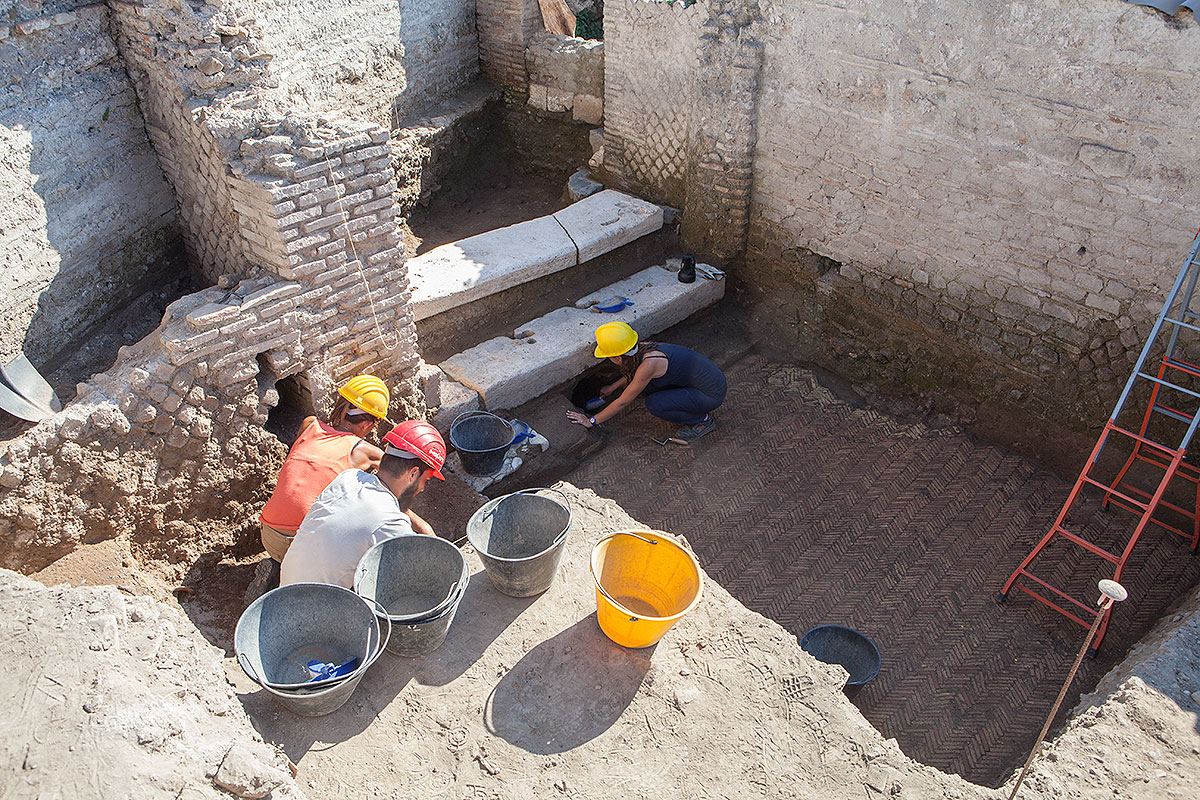
We visited Ostia as well as Portus extended in one weekend. I was impressed by everything I saw. Just the extent of the excavations is already impressive, just as the beautiful mosaics. I gaped in admiration at the recognizable buildings still forming, even today, a complete town. Unfortunately I didn’t get enough time to see it all in my own pace. For just one weekend it is too much. The same afternoon I decided to return soon with a little bit more time.
The first morning of our trip we met a group of students excavating for the Ostia Marina Project. For me it was the first time to be present at real field research. This too is something very impressive. (read more on www.romaports.org, the interesting interview Gerard had with Professor Massimiliano Victor David, the director of the Ostia Marina Project).
So, do I know everything of these ports in the neighbourhood of Rome now? No, by no means. Not even close! I was there and picked up a couple of things from archaeologists and experts. But I think the question shouldn’t be whether you know everything or not. The question, as this short trip to Italy taught me: are you a fan? Do you like to walk on archaeological sites, can you feel and understand what happened there a couple of thousand years ago? And maybe the most important question: are you able to fall in love with this extraordinary place? For me the answer is yes, I can. I can imagine how a sailor arrived in the harbour and immediately started looking entertainment, how a merchant started loading his warehouse, how the fishmonger in his shop was selling fresh fish, how the citizens relaxed in the bathhouses and how young boys were running along the streets making wisecracks just as they do today. I can imagine how ladies gossiped in the theatre about a new handsome actor, and the gentlemen admired those very ladies. How a drunken senator jumped excitedly into the water where young, naked female dancers performed. I can see it happening before my own eyes……
Walking through a Roman port like Portus or Ostia one can feel the history. It tickles not only your curiosity, but also your fantasy. With that virus I’m definitely infected.
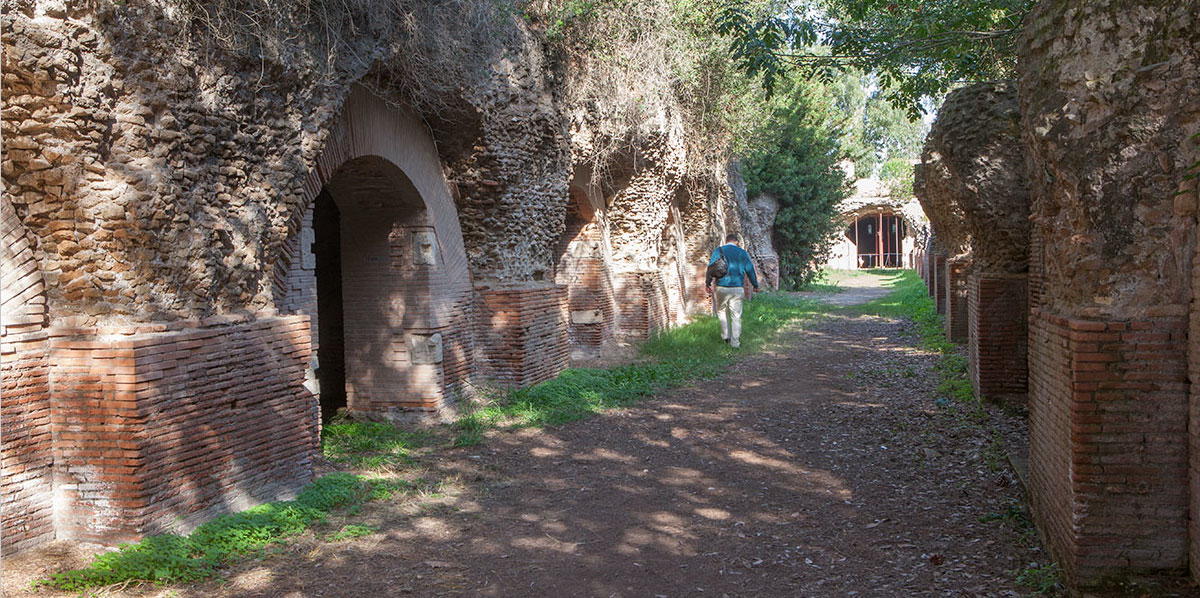
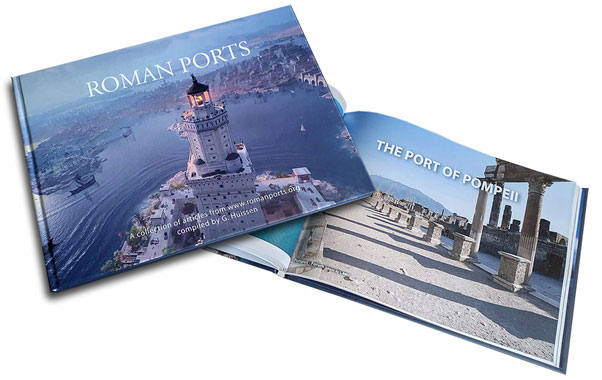

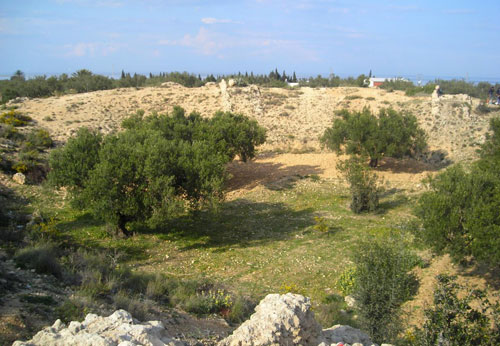



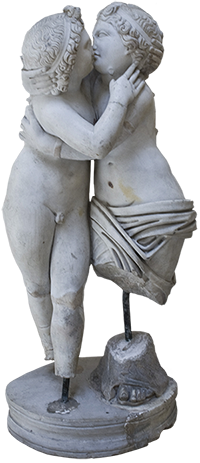 We are committed to providing versions of our articles and interviews in several languages, but our first language is English.
We are committed to providing versions of our articles and interviews in several languages, but our first language is English.